How do experienced athletes eat before a competition or intensive training session? We asked our ambassadors to share their practical tips on this topic.
As an ice climber, Vivien needs to eat in a way that ensures she has energy throughout the day for several short, 4- to 9-minute bursts. Her competitions usually start early in the morning and last throughout the day. This means she needs to replenish her energy reserves in the morning, which is why she eats muesli or porridge with fruit for breakfast. This keeps her feeling full for a longer period and ensures she has consumed enough energy for the upcoming efforts. After warming up and 10 to 20 minutes before starting the climb, Vivien eats another protein bar, a banana, or some chocolate.
Mountain biker Rebekka eats her last meal three to four hours before the race, which lasts approximately 1.5 hours. If the race starts in the morning or at noon, Rebekka chooses carbohydrate-rich muesli with oatmeal or porridge for breakfast. If the race takes place in the afternoon, she eats rice or pasta.
About 45 minutes before the race, Rebekka warms up for about 30 minutes. She then goes to the call-up (starting line-up), where she consumes more carbohydrates in the form of gummy bears and, if it's a World Cup, an Activator (e.g., from Sponser).
Before intense workouts, Rebekka eats carbohydrate-rich foods such as muesli, porridge, bread, rice, or pasta one to two hours before starting her workout. If the time interval between the meal and the workout is longer (> 4 hours), Rebekka also eats a banana or gummy bears before starting her workout.
For triathlete Nicole, nutrition planning for an Olympic-distance race (approx. 2:20 h) begins one to two days in advance. Two days before the race, Nicole reduces the fat content of her food and increases the carbohydrate content. The day before the event, she avoids salad and raw vegetables to avoid unnecessary intestinal stress. Instead, she eats more carbohydrate-rich and low-fiber foods such as white flour products, pasta, Silser bread, potatoes, pretzels, and so on. Two to three hours before the start, Nicole eats white or Silser bread with honey for breakfast and no more proteins or fats. Until the start, she eats pretzels, bananas, or bread. Thirty minutes before the start, Nicole switches to carbohydrate-rich drinks and takes a gel 10 minutes before the start.
For Jan, whose Gran Fondo races are epically long (6.5 to 10 hours), his pre-race nutrition looks a little different. Jan eats his last meal no later than two hours before the start of the race. Because his races often start early in the morning or even at night, he gets up about two and a half hours before the start, eats a bowl of porridge or rice pudding with peanut butter, and then lies down for another hour. In the days leading up to the race, Jan often drinks drinks with long-chain carbohydrates, such as maltodextrin, throughout the day.
For long training sessions, Jan eats porridge or rice pudding one to one and a half hours beforehand.
Every body is different. Therefore, scientific findings and practical tips provide a good guide to what to eat and when before a competition. Over time, you'll be able to optimize your nutrition before major exertion and will therefore likely deviate from the standard examples.
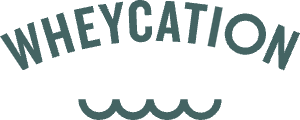
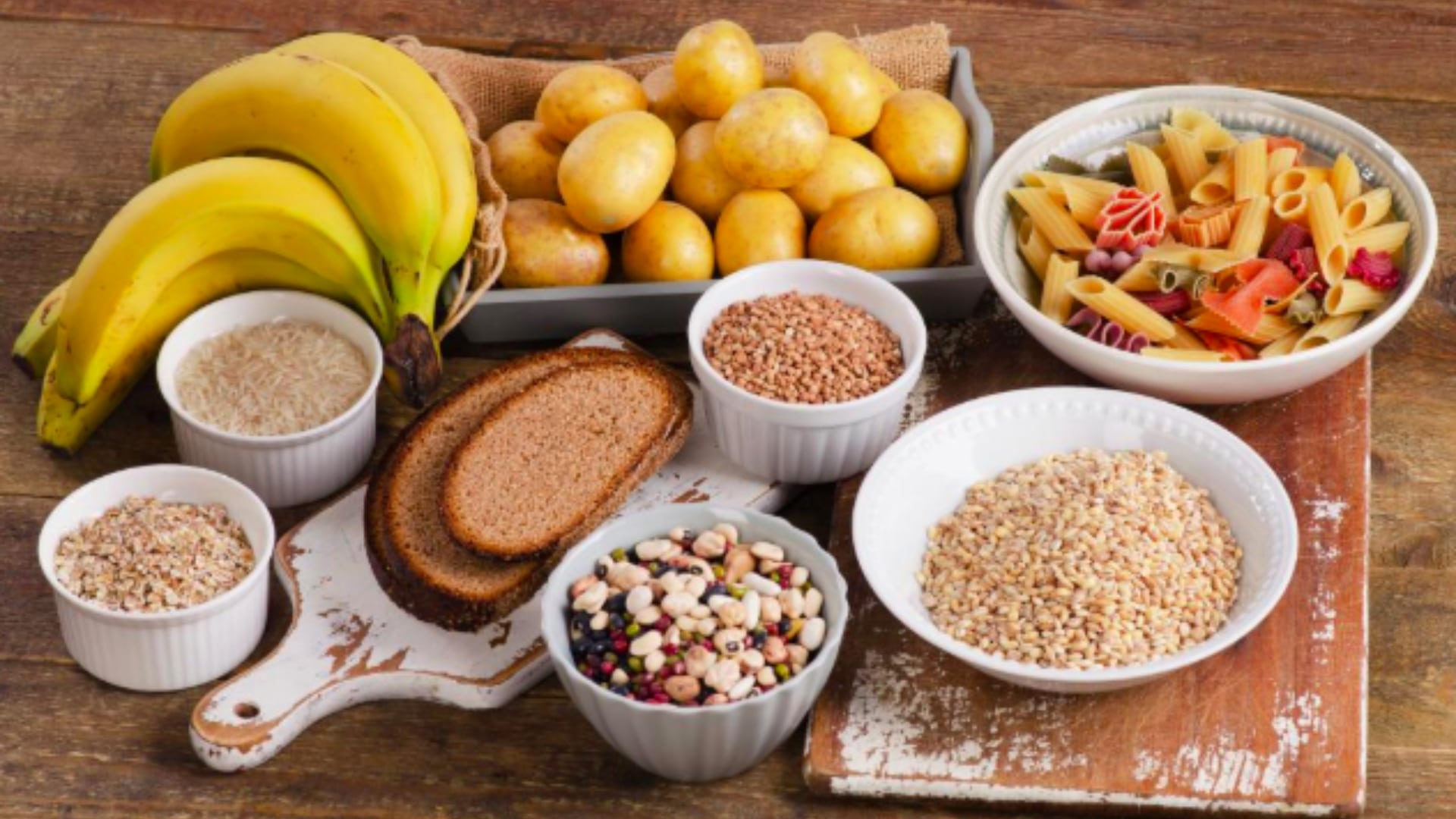
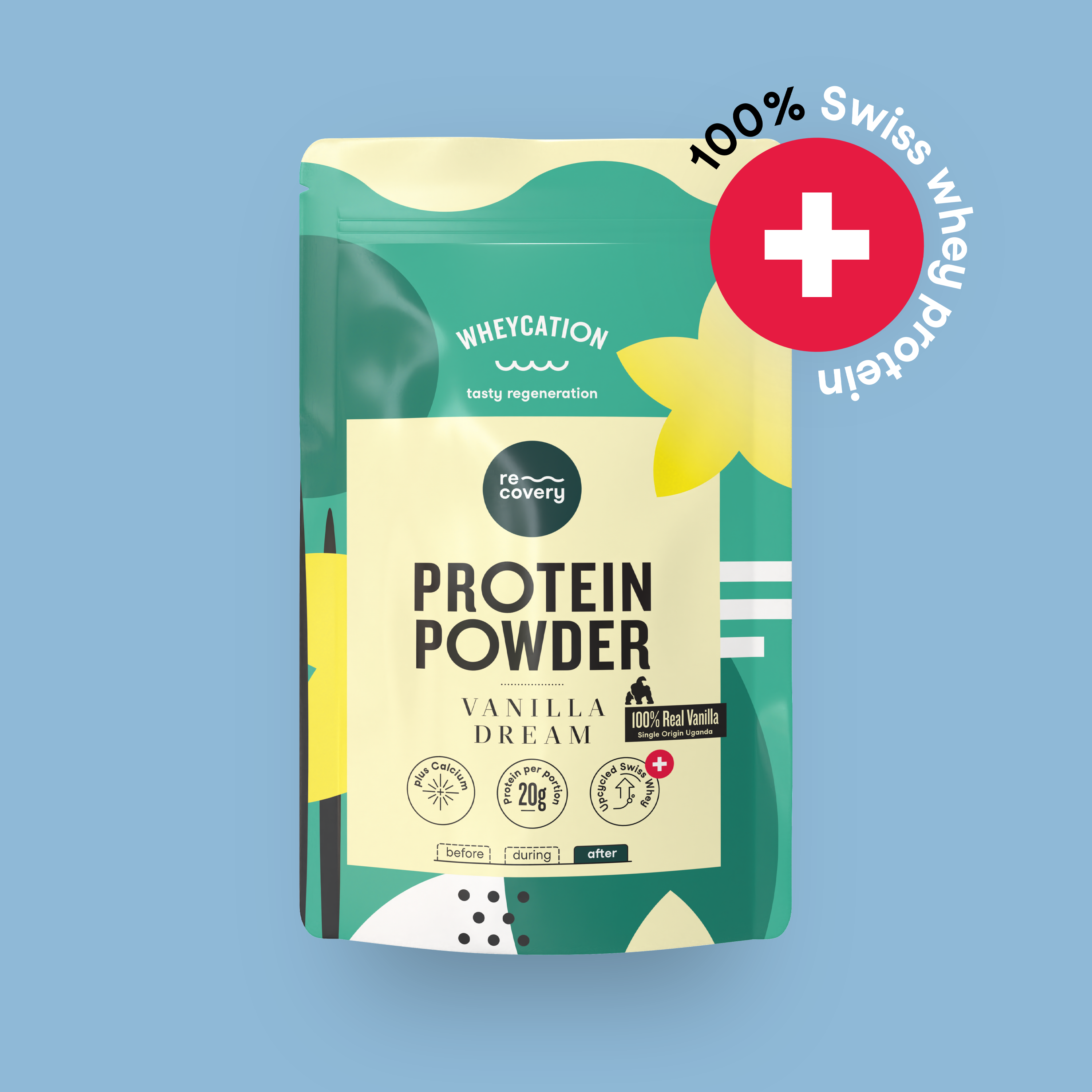

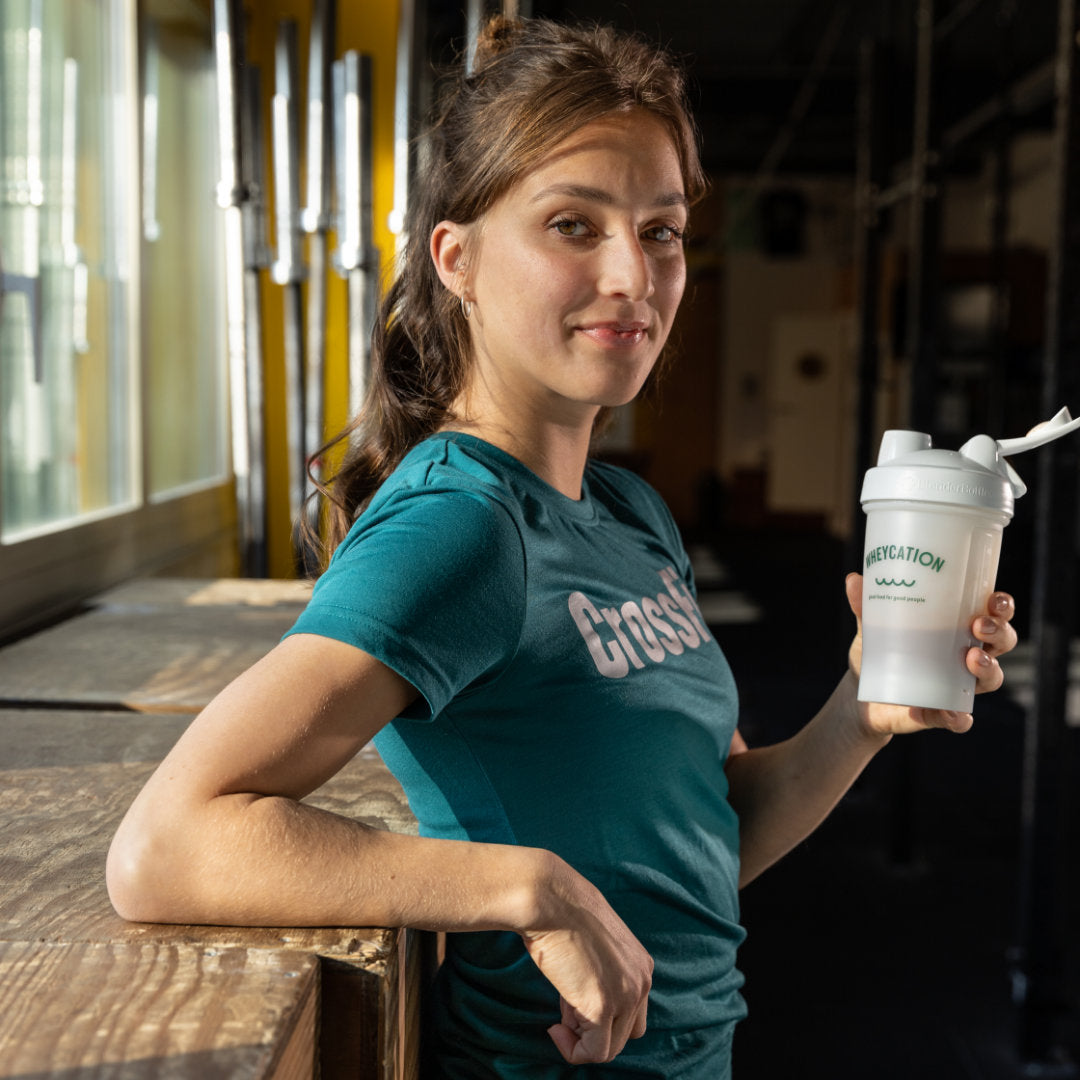
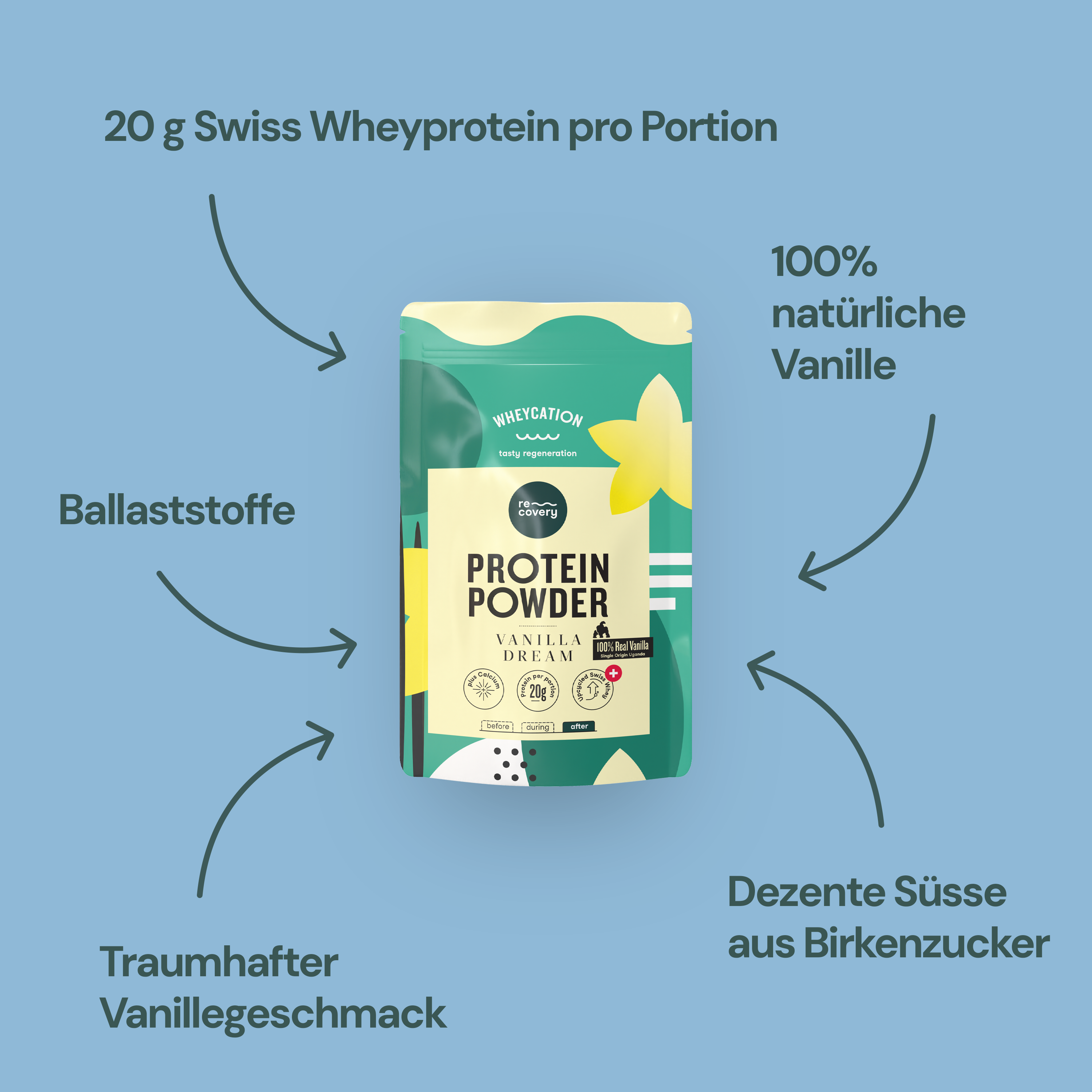
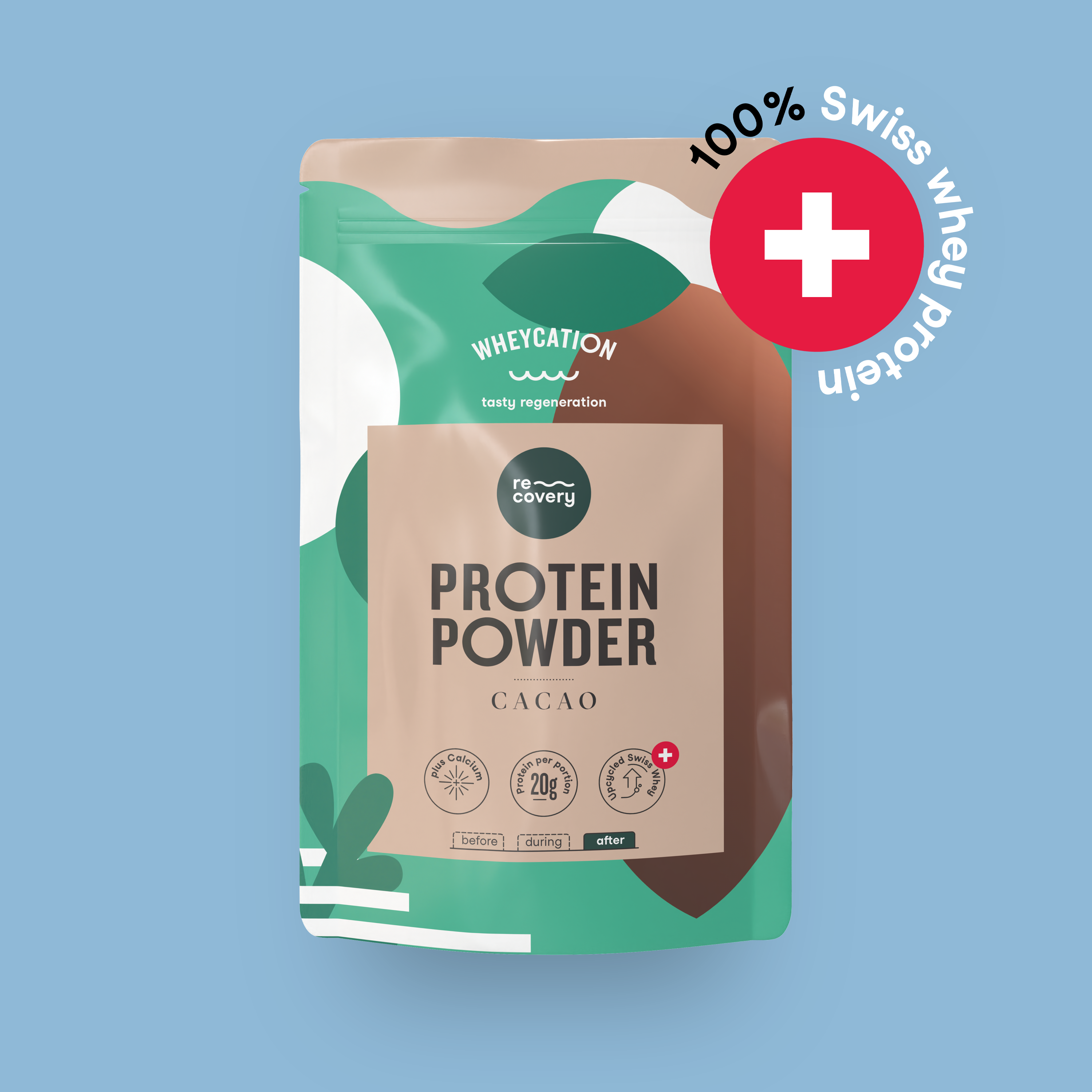

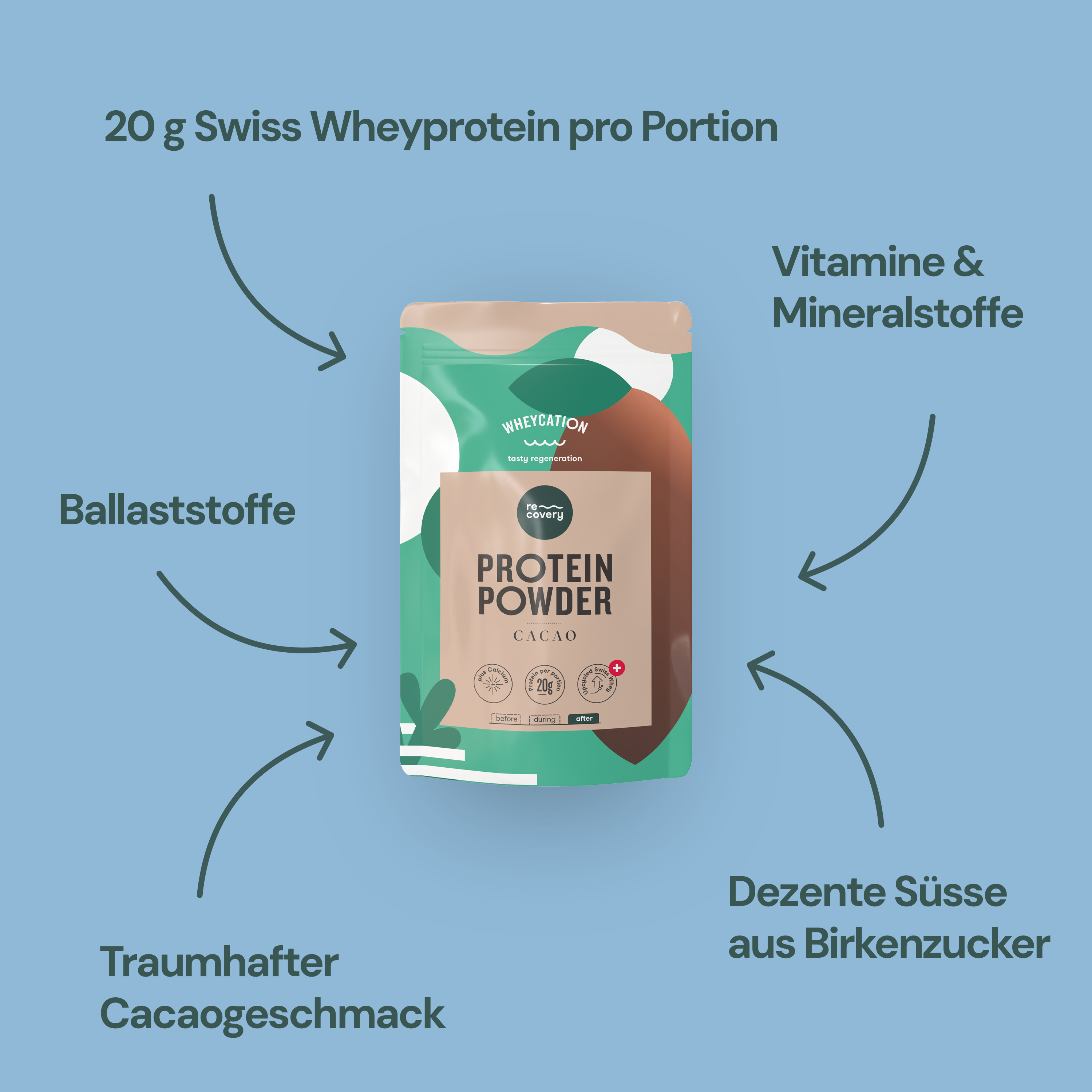
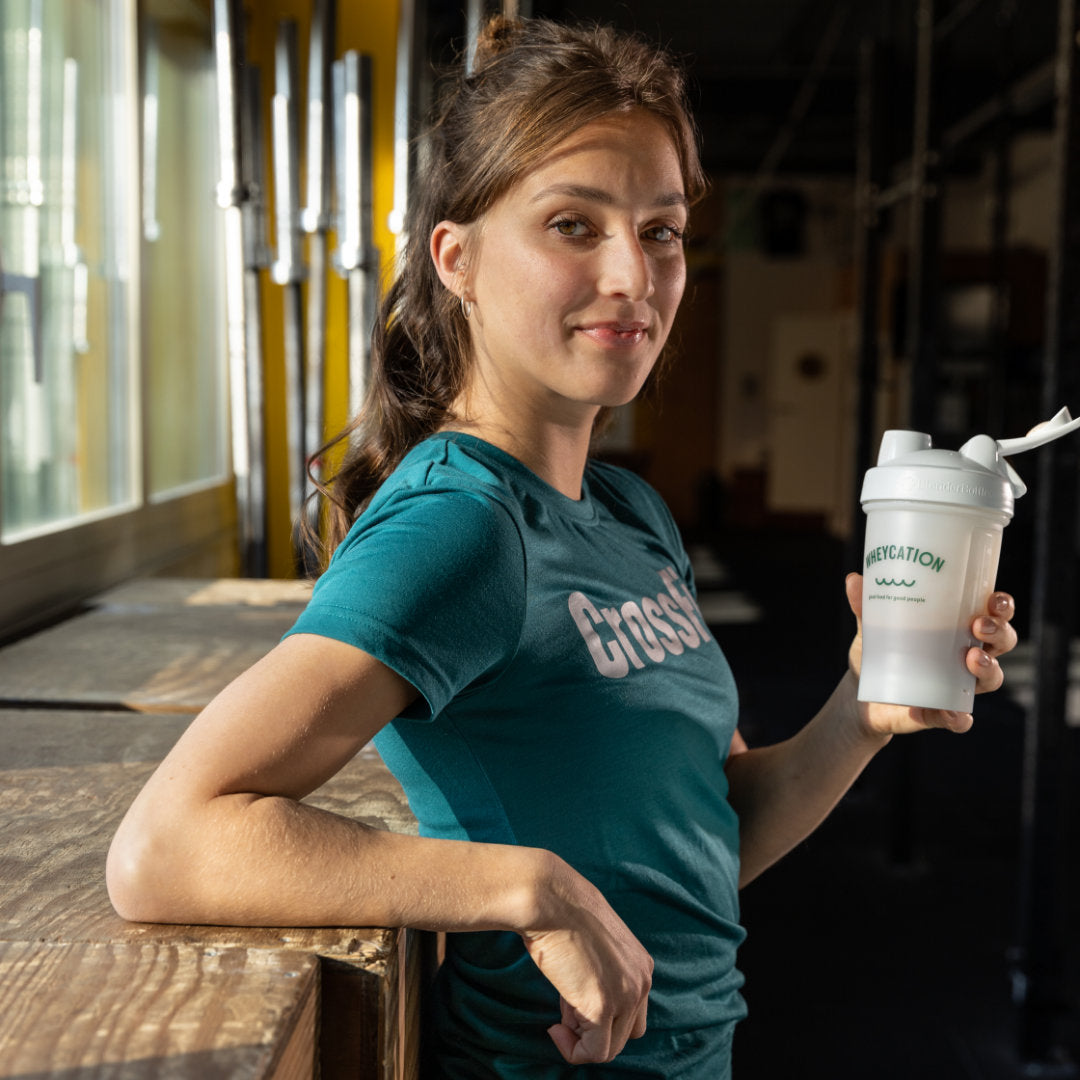
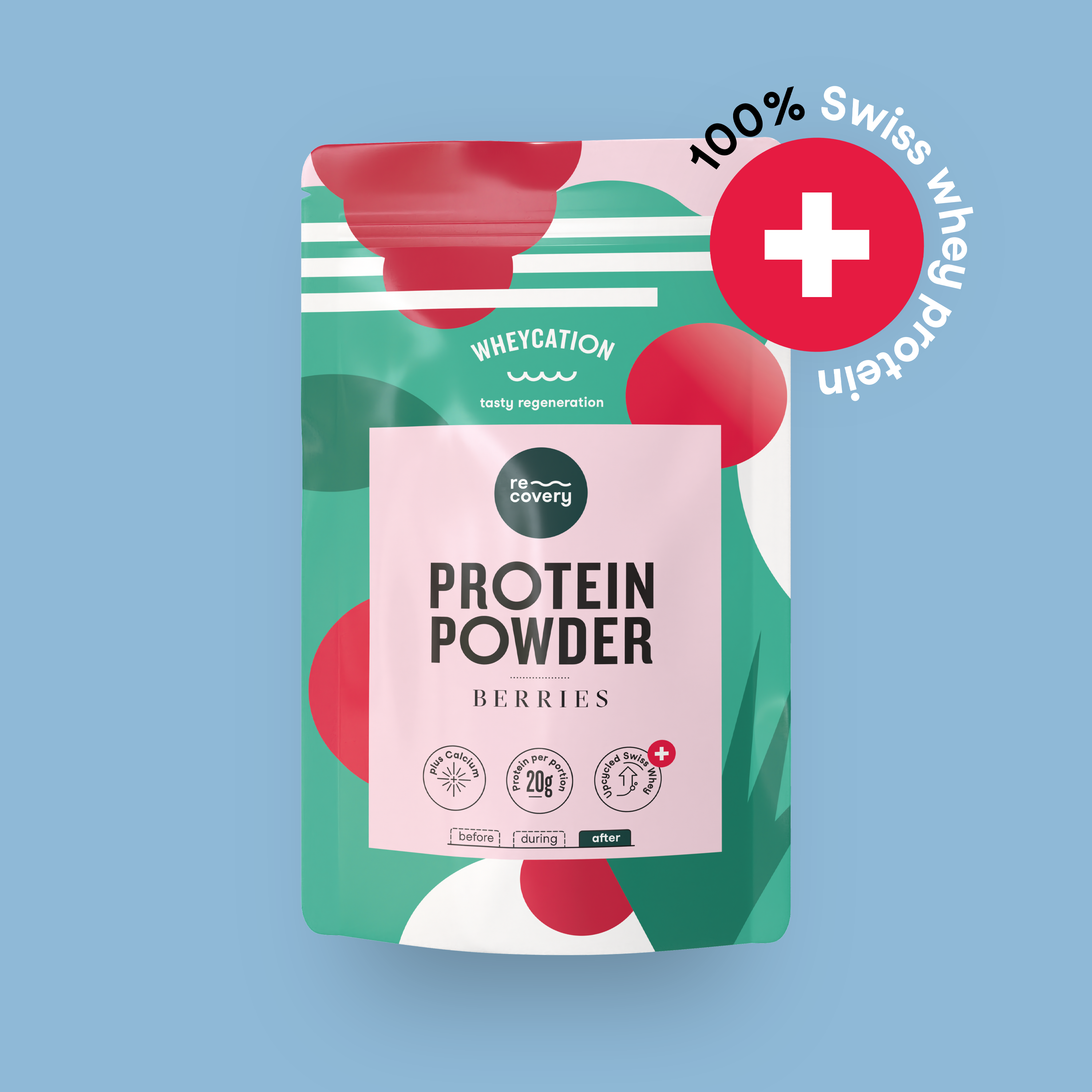
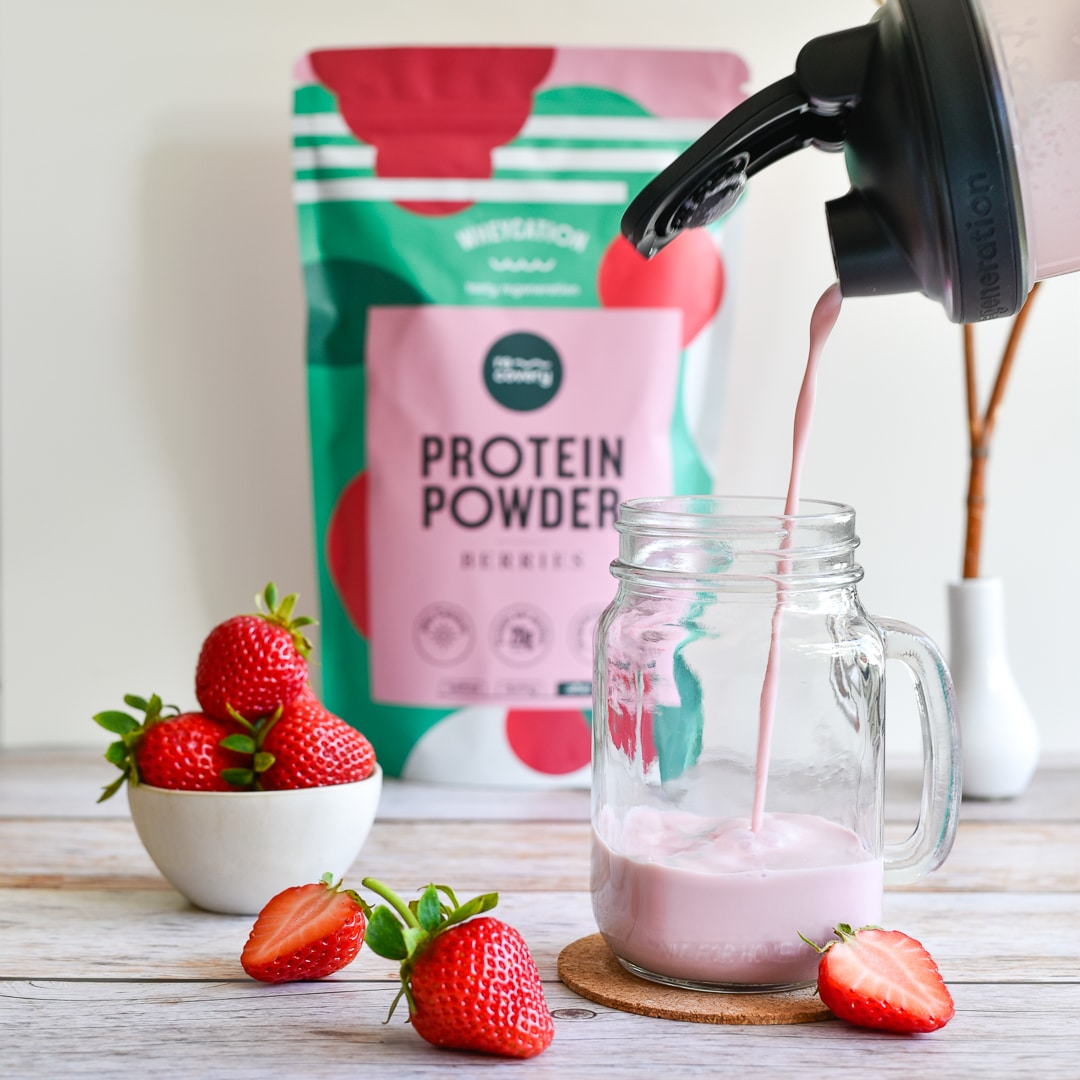

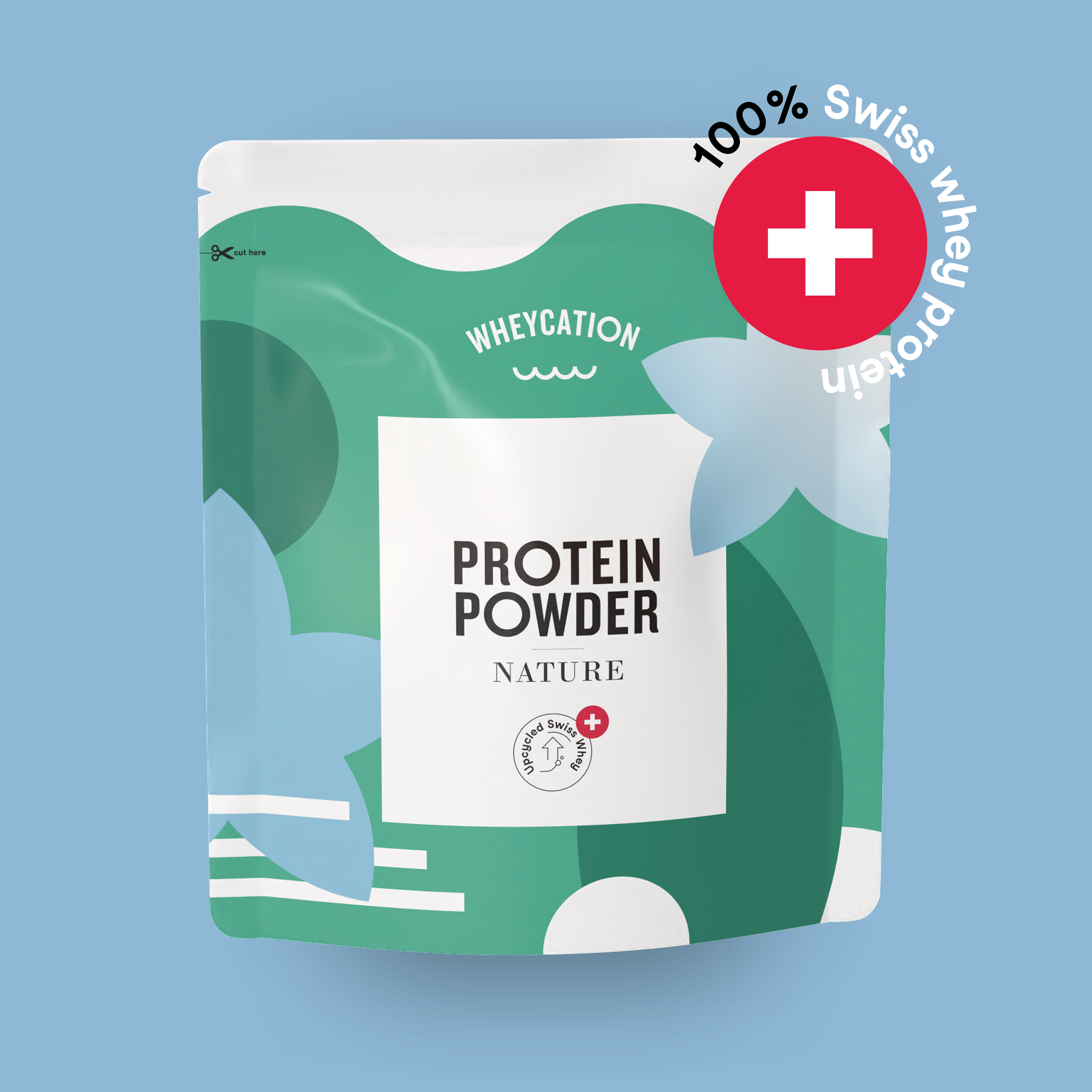
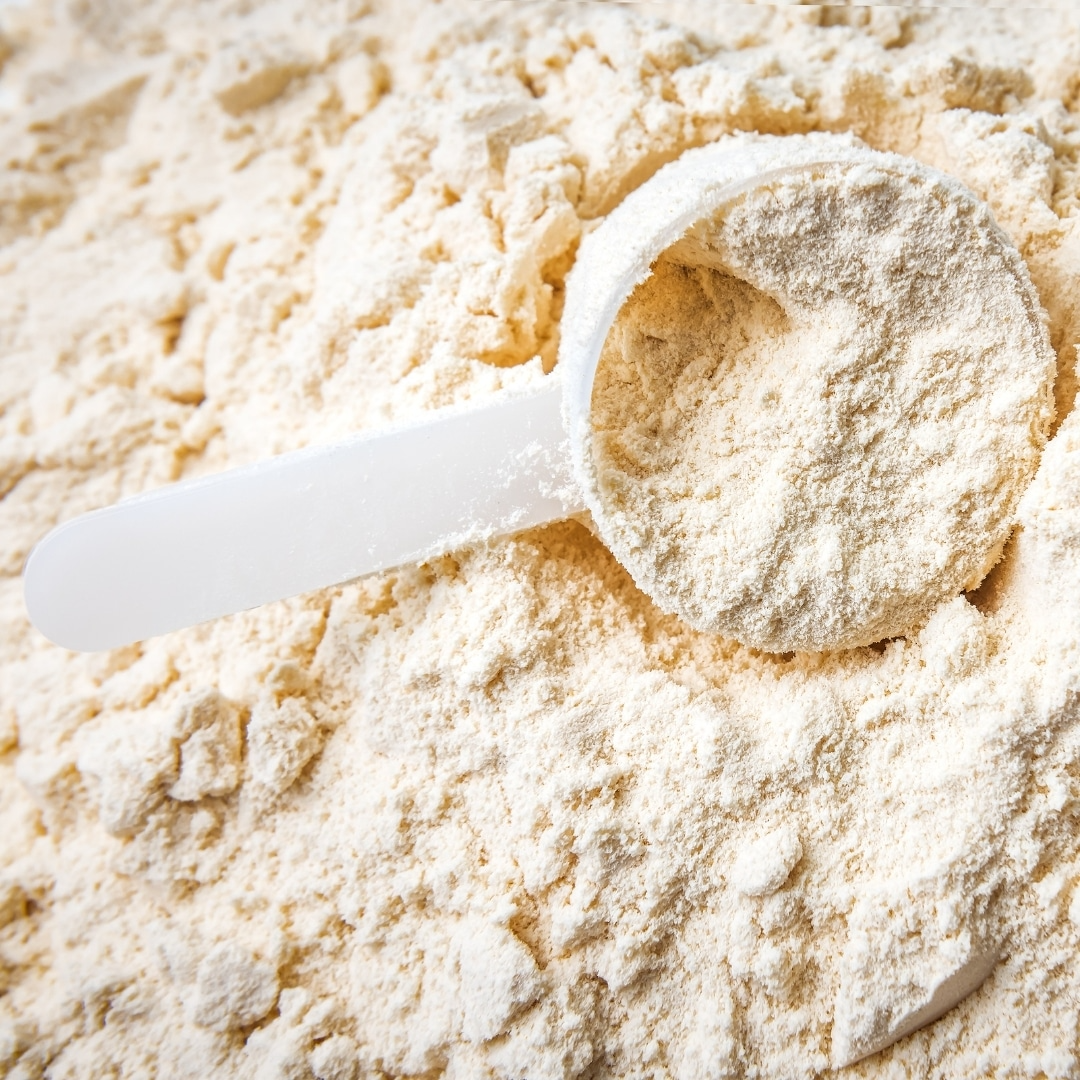
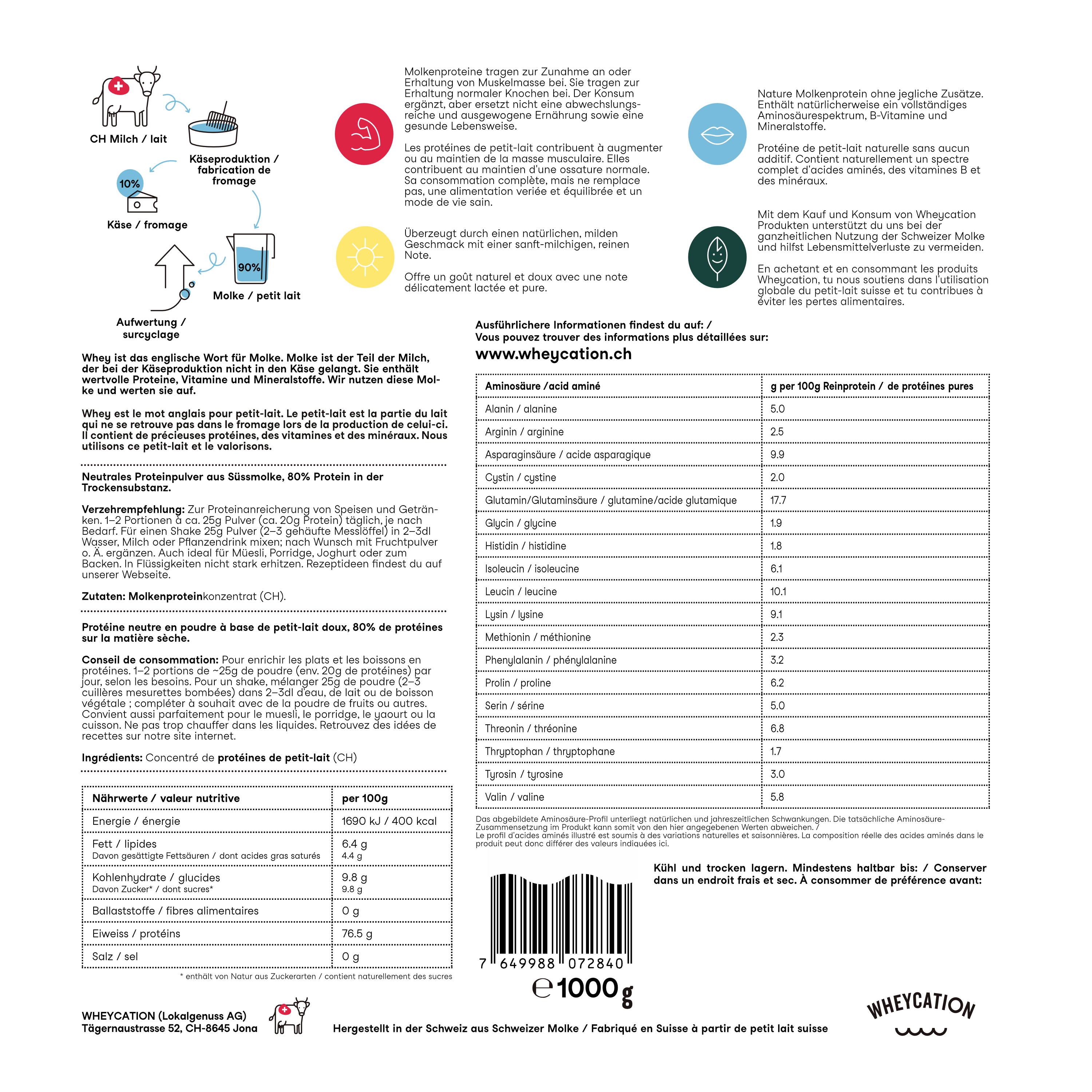
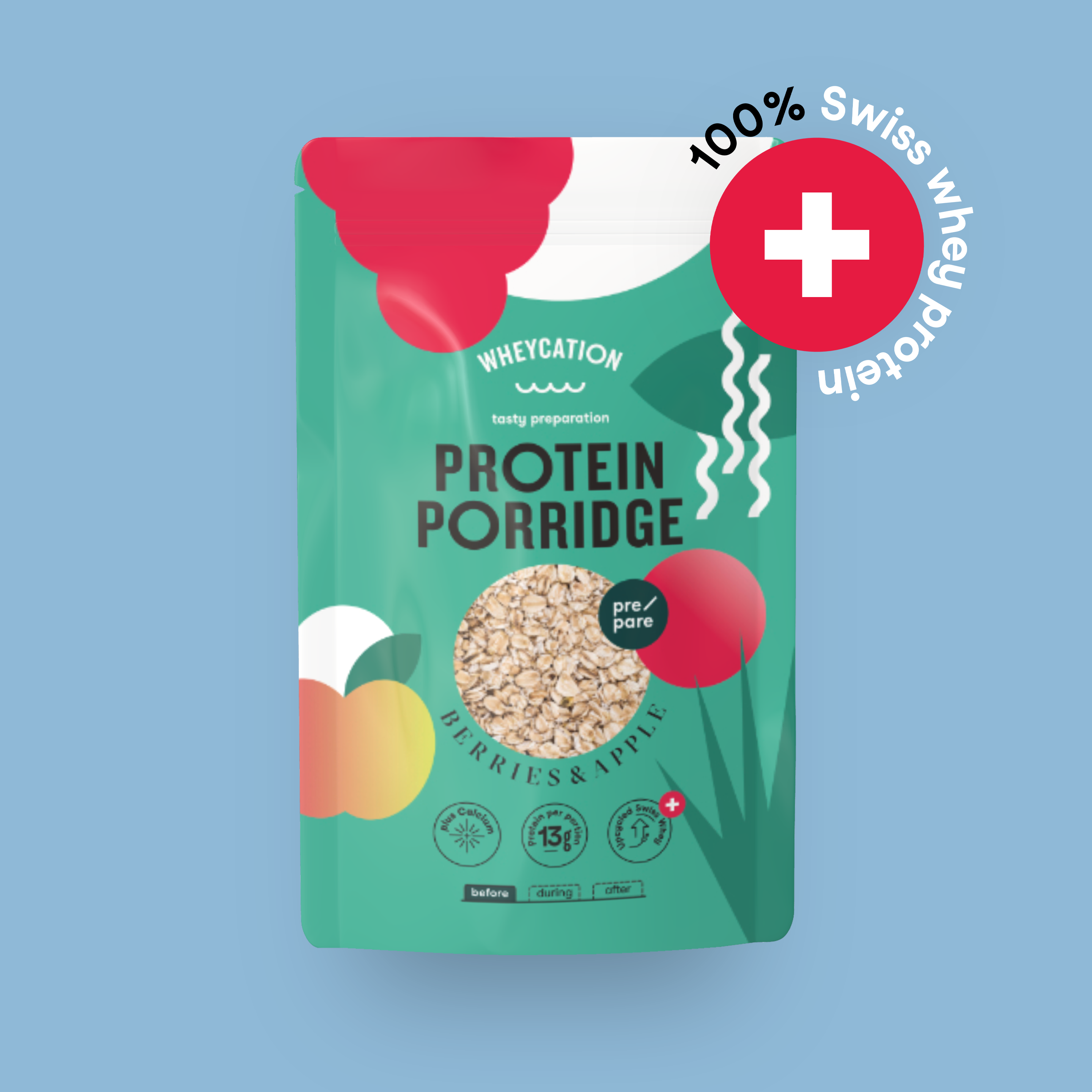
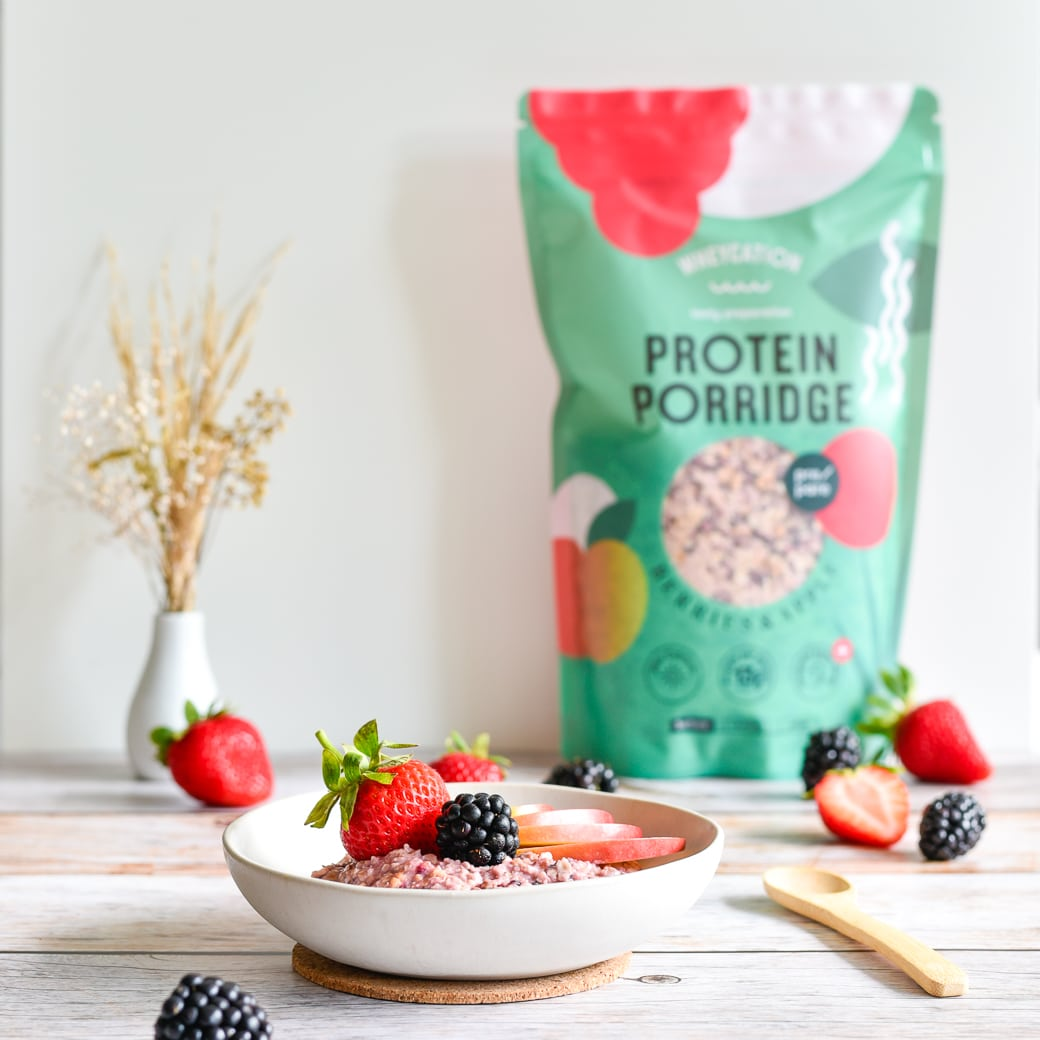
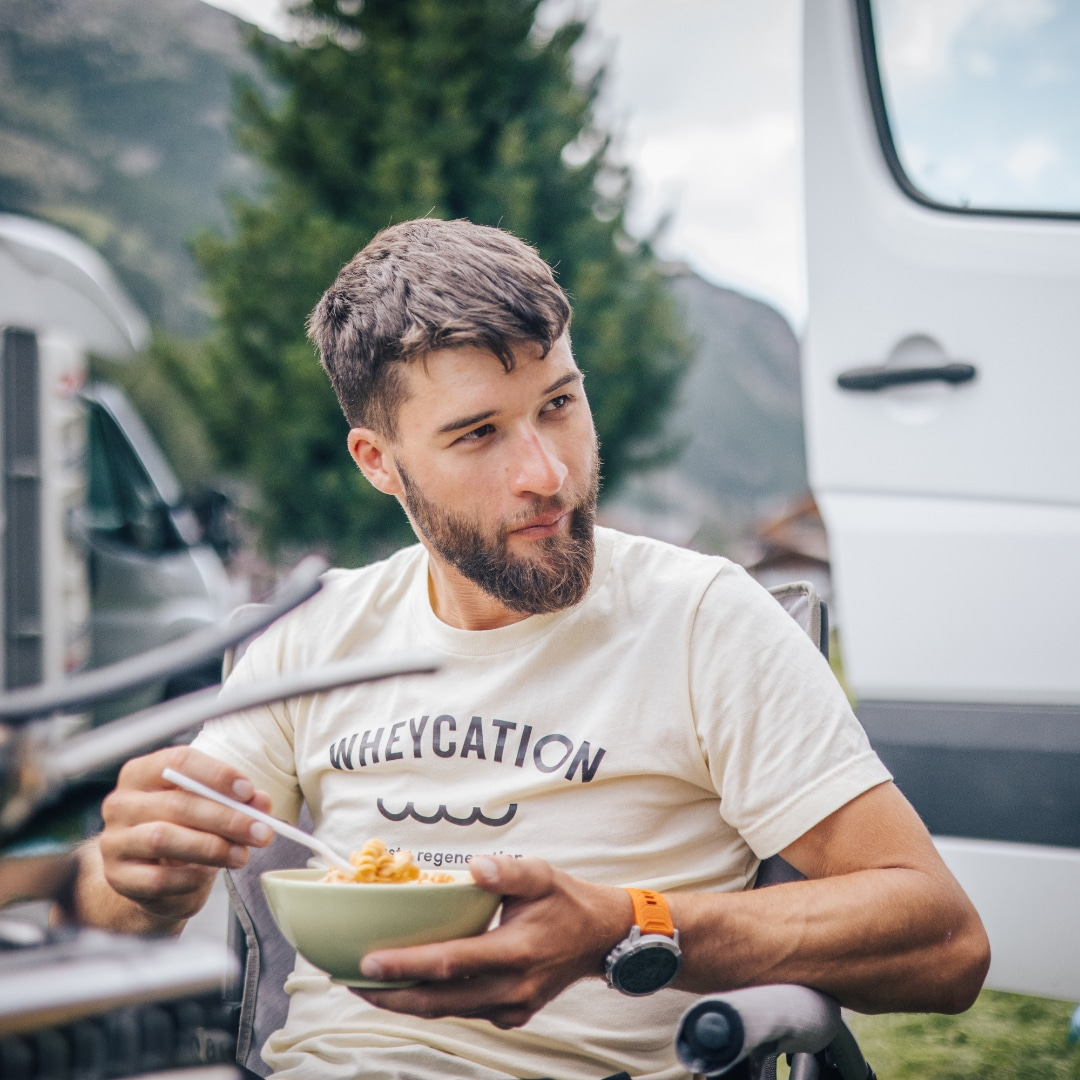
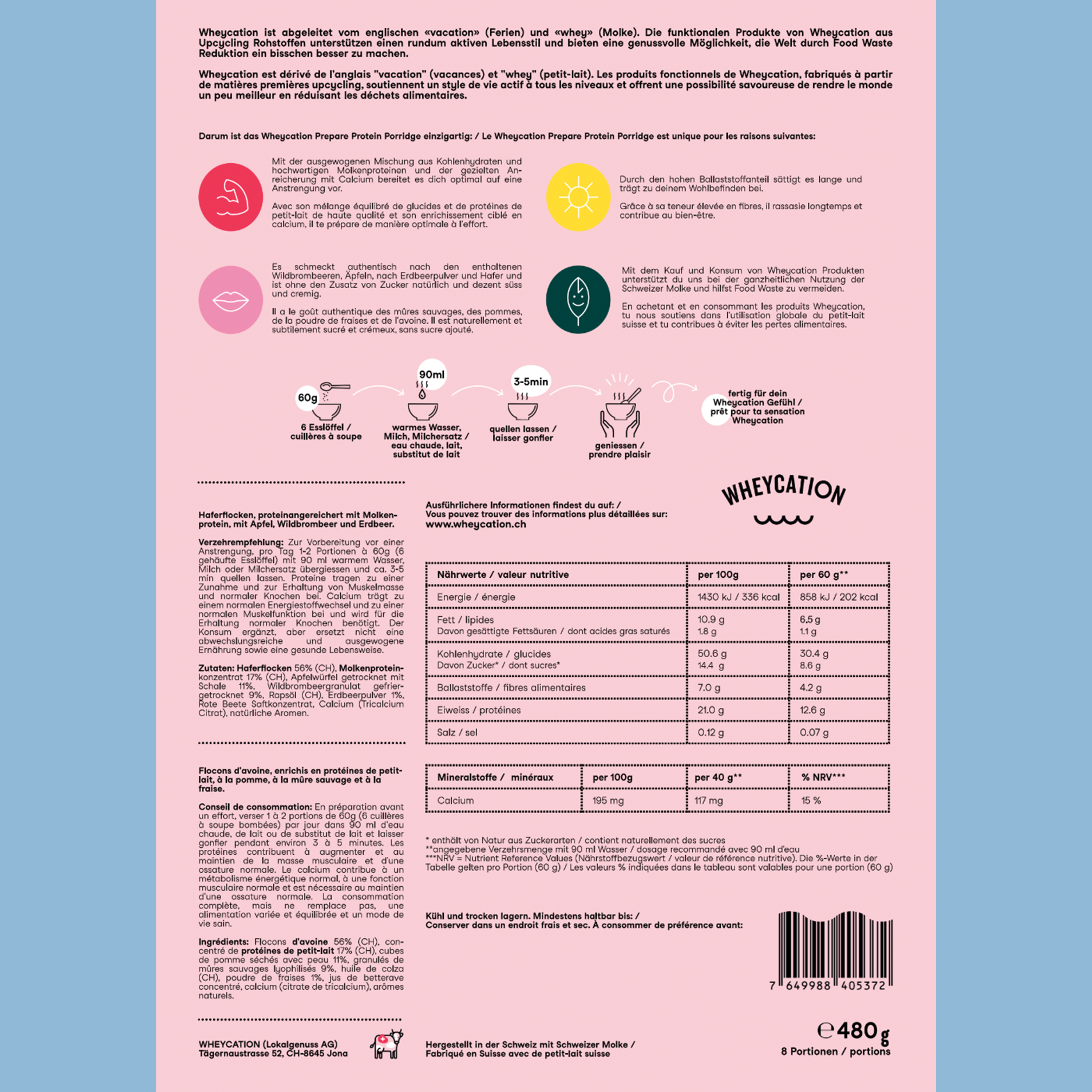
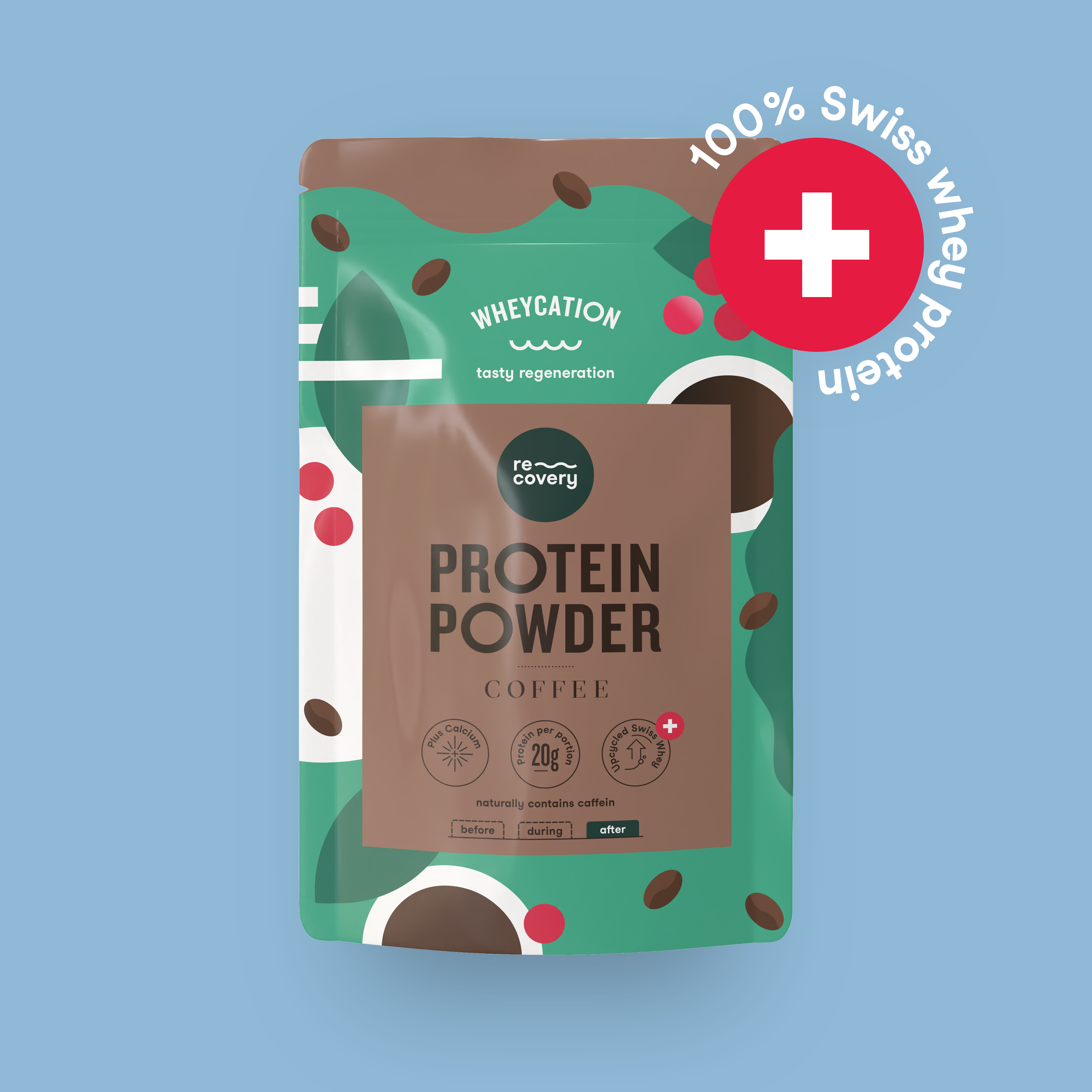
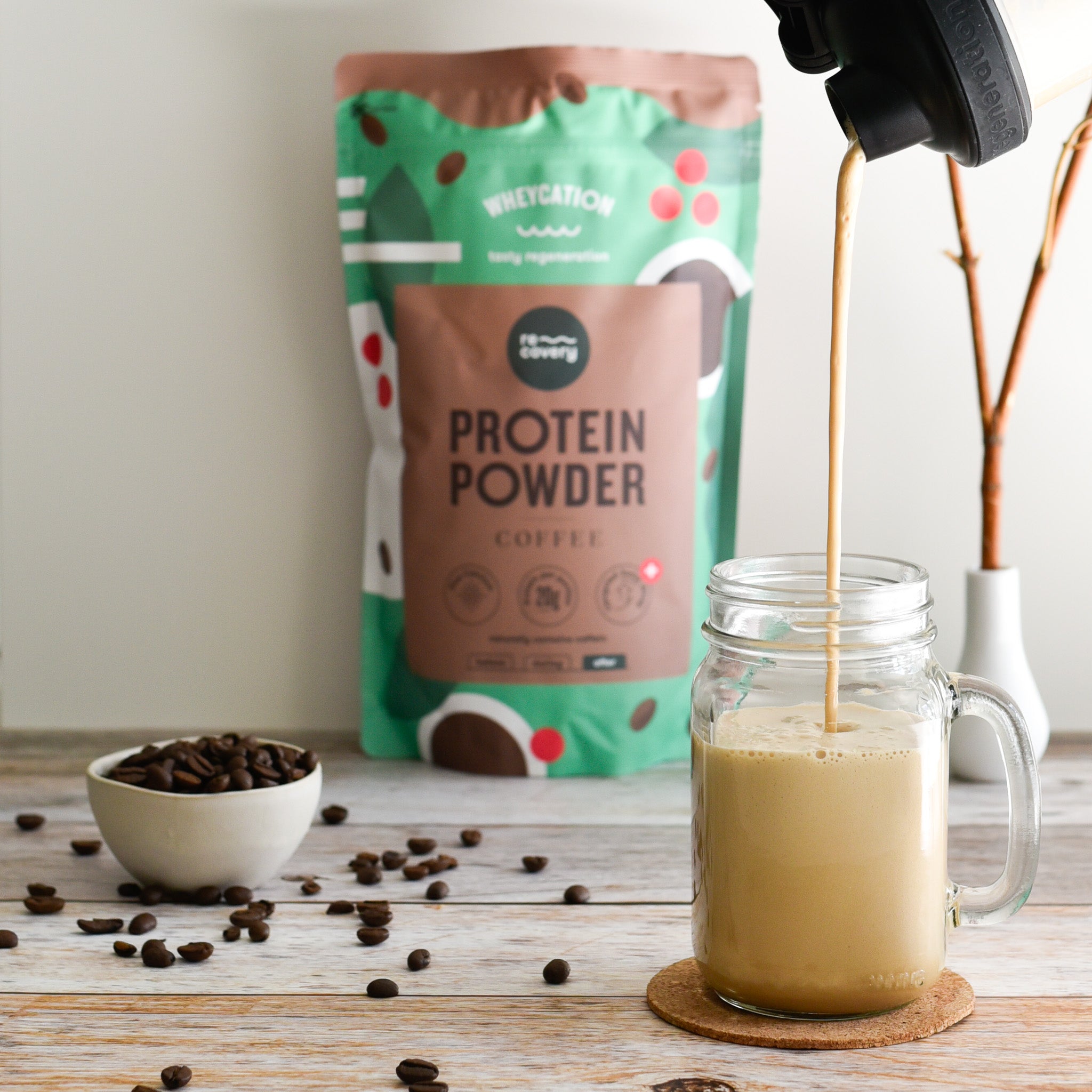




Split: